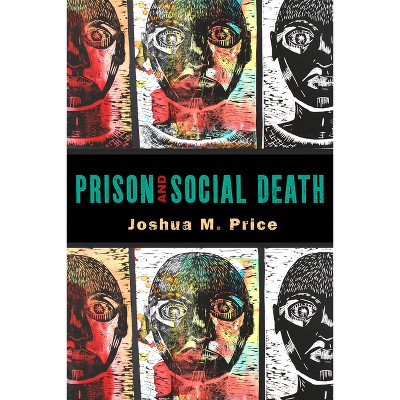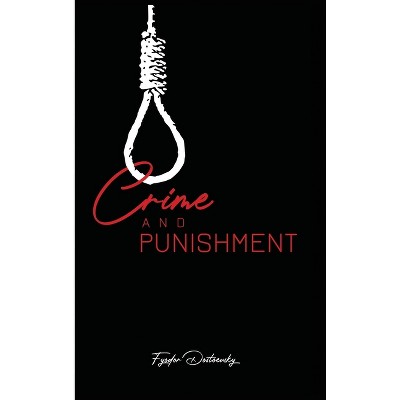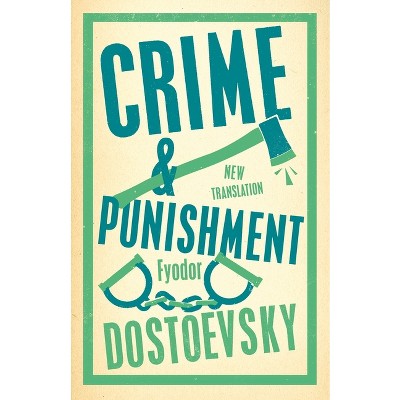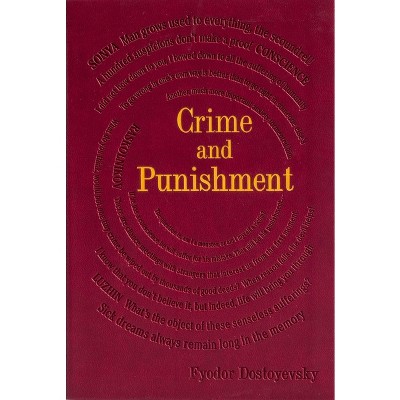Sponsored

Crime, Punishment, and the Prison in Modern China - by Frank Dikötter (Hardcover)
In Stock
Sponsored
About this item
Highlights
- Based on extensive research and many newly discovered sources, Crime, Punishment, and the Prison in Modern China examines the radical changes in Chinese society during the first half of the twentieth century through the lens of the Chinese prison system.
- About the Author: Frank Dikötter is a lecturer in history at the School of Oriental and African Studies, University of London.
- 264 Pages
- History, Asia
Description
About the Book
This book is a richly textured social and cultural study exploring the profound effects and lasting repercussions of superimposing Western-derived models of repentance and rehabilitation on traditional categories of crime and punishment.
Book Synopsis
Based on extensive research and many newly discovered sources, Crime, Punishment, and the Prison in Modern China examines the radical changes in Chinese society during the first half of the twentieth century through the lens of the Chinese prison system. More than a simple history of prison rules or penal administration, this book explores the profound effects and lasting repercussions of the superimposition of Western-derived models of repentance and rehabilitation on traditional Chinese categories of crime and punishment. A society's prisons reflect much about its notions not only of law and order and the rights of the individual, but of human nature itself, its tractability and capacity to change. In China during the tumultuous years from 1895 to 1949, these notions were transformed in dramatic ways.
Frank Dikötter identifies penal reform as a radical modern tool to achieve an indigenous Chinese vision of social cohesion and the rule of virtue. Modernizing elites in China viewed the reformation of criminals as a constitutive part of a project of a national regeneration in which good order, economic development, and state power could only be obtained by shaping obedient subjects. This groundbreaking account of the evolution of Chinese penal theory is brought together with a richly textured portrait of daily life behind bars. Petty villains, abusive guards, ambitious wardens, and idealist reformers people its pages and vividly trace China's complicated movement from empire to republic to communist state.Review Quotes
According to Dikotter, the development of the modern Chinese prison system reflects enormous Western influence and traditional beliefs.-- "Choice"
An excellent book, simultaneously meticulous and passionate. Dikötter is a scholar who has retained his passion as well as his ideological skepticism. His fundamental principle is contained in one phrase--'the prison is a failed invention of modernity.'-- "Times Literary Supplement"
Thanks to painstaking work in the archives, Dikotter is able to usher his readers into the Chinese prison. He follows individual inmates and provides many details on their daily life, social and educational backgrounds, health, and sanitary conditions... [A] useful work for specialists of the penal systems of Asia.--Jerome Bourgon "American Historical Review"
About the Author
Frank Dikötter is a lecturer in history at the School of Oriental and African Studies, University of London. He is the author of Imperfect Conceptions: Medical Knowledge, Birth Defects, and Eugenics in China (Columbia) and Sex, Culture and Modernity in Modern China.Shipping details
Return details
Trending Non-Fiction











